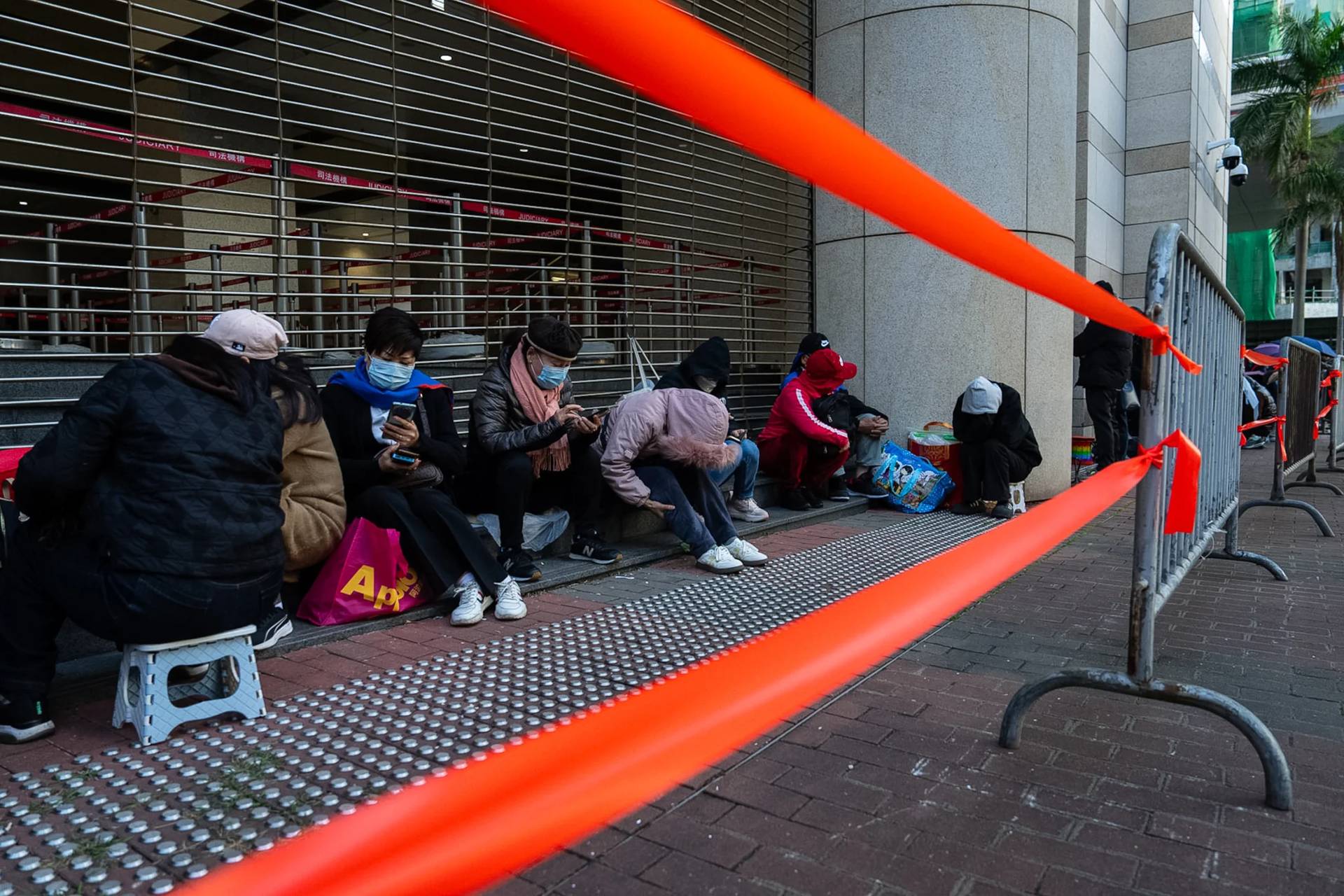For the first time since it declared California’s gay marriage ban unconstitutional, the federal appeals court in San Francisco is readying to hear arguments over same-sex weddings in a political and legal climate that’s vastly different than when it overturned Proposition 8 in 2012.
State and federal court judges have been striking down bans in more than a dozen states at a rapid rate since a landmark U.S. Supreme Court ruling last year.
Now, three judges on the 9th U.S. Circuit Court of Appeals — all appointed by Democrats and one whom wrote the opinion overturning Proposition 8 — are set to hear arguments Monday on gay marriage bans in Idaho, Nevada and Hawaii.
“It seemed like such an uphill battle when I started,” said Shannon Minter, legal director for the National Center for Lesbian Rights. “I really couldn’t imagine then that we would be where we are now.”
Minter has been fighting for gay marriage for 21 years, was instrumental in challenging bans in California and Utah and is representing gay couples seeking to overturn Idaho’s prohibition.
The 9th Circuit in 2012 invalidated Proposition 8 because it singled out a minority group for disparate treatment for no compelling reason. The U.S. Supreme Court dismissed the case last year without ruling on the legal merits of gay marriage.
The numerous gay marriage rulings in recent months, including one by the federal appeals court in Chicago rejecting bans in Wisconsin and Indiana and another by a federal judge affirming Louisiana’s law, have raised the pressure on the U.S. Supreme Court to decide the issue. Last week, 15 states that allow gay marriage and 17 that don’t asked the high court to weigh in.
The Mormon church and four religious organizations also asked the Supreme Court to intervene. The Church of Jesus Christ of Latter-day Saints, in a statement Friday, said it joined a friend-of-the-court brief asking the high court to hear Utah’s marriage case. It was joined by The United States Conference of Catholic Bishops, the National Association of Evangelicals, the Ethics & Religious Commission of the Southern Baptist Convention and the Lutheran Church-Missouri Synod.
“Until all 50 states get on board, it’s a legal battle from state to state,” said Tara Newberry, one of the plaintiffs in the Nevada case, who wants to marry her longtime partner. “The map is changing. But until the Supreme Court of the United States makes the determination, it’s state-by-state.”
The pro-gay marriage rulings have used the rationale Supreme Court used in June 2013 when it invalidated the core of the Defense of Marriage Act that defined marriage as only between a man and a woman for determining federal benefits. That ruling didn’t directly address whether states can impose bans and led to an explosion of litigation.
Nineteen states and Washington, D.C., now allow gay marriages.
Supporters of the bans in the three states before the 9th Circuit argue that state governments have an interest in promoting marriage between a man and a woman, which they say is optimal for childrearing. Opponents say there is no data supporting the childrearing contention and they argue that the marriage prohibitions are unconstitutional violations of equal protection rights.
The 9th Circuit panel has allotted a combined two hours for three sets of arguments Monday. The court is expecting a big turnout and is limiting public seating in the courtroom through a lottery. The court will also stream the two hours of arguments live online.
The case for gay marriage was bolstered when the court earlier this week unveiled the names of the three judges assigned to decide the issue in those three states.
Judges Marsha Berzon and Ronald Gould were appointed by President Bill Clinton. And Judge Stephen Reinhardt, appointed by President Jimmy Carter, is considered one of the most politically liberal jurists on the 29-judge court.
Reinhardt wrote the 2012 opinion striking down California’s gay marriage ban. He also wrote an opinion in January that declared gays and lesbians a “protected class” and extended to them the same civil right protections against discrimination that the U.S. Supreme Court has previously promised only women and racial minorities.
Reinhardt, writing for the unanimous three-judge panel that also included Berzon, held that striking someone from a jury pool because he or she is gay constitutes unlawful discrimination.
Less than a month after Reinhardt’s gay juror ruling on Jan. 21, Nevada Gov. Brian Sandoval, a Republican seeking re-election this year, said the state would no longer fight a lawsuit seeking to invalidate Nevada’s gay marriage band. Sandoval said that “it has become clear that this case is no longer defensible in court.”
Nevada’s defense of the ban has been taken up by a private organization called the Coalition for the Protection of Marriage. The coalition’s attorney Monte Stewart declined comment.
In the Idaho case, Gov. C.L. “Butch” Otter is appealing a lower court decision tossing out that state’s gay marriage ban. Otter says the majority of Idaho residents support the ban and that the U.S. Supreme Court will make the final decision.
In Hawaii, attorneys representing the Hawaii Family Forum, which opposes gay marriage, are asking the court to keep alive the forum’s legal case even though state lawmakers legalized same-sex marriage in December.
The 9th Circuit panel is under no deadline to rule.
















